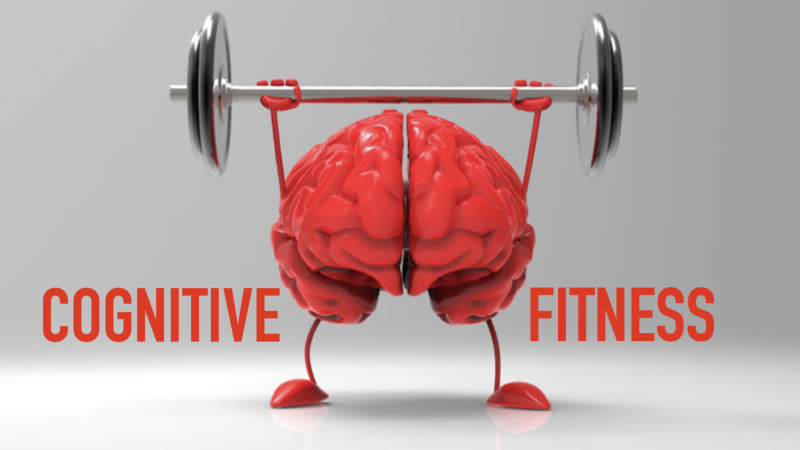Memory Lift Supplements: Separating Hype from Science for Sharper Cognitive Health
The global memory supplement market is projected to exceed $15 billion by 2030, fueled by aging populations, rising dementia concerns, and a growing demand for mental performance enhancers . Yet, with thousands of products making bold claims—from reversing age-related decline to boosting exam performance—consumers face a maze of misinformation. This guide cuts through the noise, combining clinical research, regulatory insights, and expert recommendations to help you navigate the world of memory lift supplements intelligently.
Get Your Brain Power Lifted To The Next Level Now

The Science of Memory: How Memory Lift Supplement Might Help
Memory formation relies on three key processes:
- Encoding: Converting sensory input into neural signals.
- Storage: Retaining information in the hippocampus and cortex.
- Retrieval: Accessing stored memories when needed.
Supplements target these processes through four mechanisms:
- Neuroprotection: Shielding brain cells from oxidative stress (e.g., curcumin, omega-3s) .
- Neurogenesis: Stimulating growth of new neurons (e.g., Lion’s Mane mushroom) .
- Neurotransmitter Support: Boosting acetylcholine (linked to memory) or dopamine (focus) .
- Blood Flow Enhancement: Improving oxygen/nutrient delivery to the brain (e.g., Ginkgo biloba) .
However, as UCLA Health notes, “larger-scale studies remain inconclusive for most ingredients” .
Evidence-Based Ingredients: What Works As Memory Lift Supplement?
Strong Clinical Support
- Omega-3 Fatty Acids (DHA/EPA)
- Role: Maintain neuronal membrane integrity; 1,500 mg/day reduced Alzheimer’s risk by 26% in a 2023 meta-analysis .
- Best Sources: Algal oil (vegan) or fatty fish-derived supplements with ≥500 mg combined DHA/EPA per serving .
- Phosphatidylserine (PS)
- Role: Enhances synaptic plasticity; a 2024 trial showed 200 mg/day improved recall in adults over 50 by 18% .
- Caveat: Soy-derived PS may trigger allergies; opt for sunflower-based versions .
- Lion’s Mane Mushroom
- Role: Stimulates nerve growth factor (NGF); a 12-week study reported 25% faster learning in participants taking 1g daily .
- Bacopa Monnieri
- Role: Reduces amyloid-beta plaques; improves information retention by 35% at 300 mg/day (6-month study) .
Mixed or Limited Evidence
- Ginkgo Biloba: May improve blood flow but showed no benefit for Alzheimer’s in 2023 NIH trials .
- Huperzine A: Derived from Chinese club moss; inhibits acetylcholine breakdown but risks interactions with anesthesia .
- L-Theanine: Paired with caffeine, boosts focus but lacks standalone memory benefits .
Red Flags: Ingredients to Avoid
- Apoaequorin (Prevagen): Derived from jellyfish; no proven bioavailability in humans. The FTC banned its memory claims in 2024 .
- Proprietary Blends: Often hide underdosed ingredients (e.g., “Brain Matrix 250mg” with unspecified components) .
What Other Guides Miss
1. Synergy with Lifestyle Factors
Memory supplements aren’t magic pills. UCLA researchers emphasize combining them with:
- Mediterranean/MIND Diets: High in berries, leafy greens, and walnuts—linked to 53% lower dementia risk .
- Aerobic Exercise: 150 mins/week increases hippocampal volume by 2% annually .
- Sleep Hygiene: Deep sleep clears beta-amyloid; 7–9 hours nightly optimizes memory consolidation .
2. Safety & Drug Interactions
- Blood Thinners: Ginkgo, fish oil, and resveratrol may amplify bleeding risk with warfarin .
- Antidepressants: St. John’s Wort accelerates metabolism of SSRIs, reducing efficacy .
- Dosage Limits: Excess vitamin B6 (>100 mg/day) causes neuropathy; vitamin E >400 IU/day raises stroke risk .
3. Navigating FDA Regulations
Under the 1994 DSHEA Act, supplements aren’t FDA-approved pre-market. Protect yourself by:
- Choosing USP/NSF-certified brands (e.g., Pure Encapsulations, Thorne) .
- Avoiding products claiming to “cure” dementia—a red flag for fraud .
- Checking FDA Warning Letters database for recalled supplements .
4. Age-Specific Considerations
- Under 30: Focus on stress reduction (adaptogens like ashwagandha) and sleep support .
- 50+: Prioritize neuroprotective agents (curcumin, PS) and annual cognitive screenings .
How to Choose a Quality Memory Lift Supplement
- Third-Party Testing: Look for NSF, USP, or ConsumerLab seals .
- Transparent Labeling: Avoid “proprietary blends”; opt for full ingredient disclosures .
- Clinically Studied Doses:
- Bacopa Monnieri: 300–450 mg/day (standardized to 50% bacosides)
- Lion’s Mane: 500–1,000 mg/day (≥30% polysaccharides) .
- Delivery Formats:
- Softgels for fat-soluble nutrients (omega-3s, curcumin).
- Sublingual tablets for rapid absorption (B12, melatonin).
Top 2025 Picks :
- Overall: Mindbodygreen Brain Guard+ (PS, Lion’s Mane, curcumin)
- Budget: NOW Bacopa Monnieri
- Vegan: Nordic Naturals Algae Omega
FAQs: Addressing Skepticism
Q: Can I get the same benefits from food?
A: Partially. Fatty fish provides EPA/DHA, but achieving therapeutic doses (e.g., 1g PS) requires supplementation .
Q: How long until I see results?
A: Neurogenesis takes 6–12 weeks. Track progress with apps like BrainLabs or CogniFit.
Q: Are nootropics safe long-term?
A: Limited data beyond 2 years. Cycle off for 4–8 weeks annually; monitor liver enzymes .
Conclusion: A Balanced Approach to Cognitive Health
While Memory Lift Supplements like phosphatidylserine and Lion’s Mane show promise, they work best within a holistic framework. Prioritize NSF-certified brands, consult your doctor about interactions, and pair supplementation with aerobic exercise and antioxidant-rich diets. As research evolves, focus on ingredients with human trials—not just rodent studies—and remember: “If a claim sounds too good to be true, it probably is” .
Explore Further:
- UCLA Health’s Cognitive Wellness Toolkit
- FDA’s Dietary Supplement Guidelines